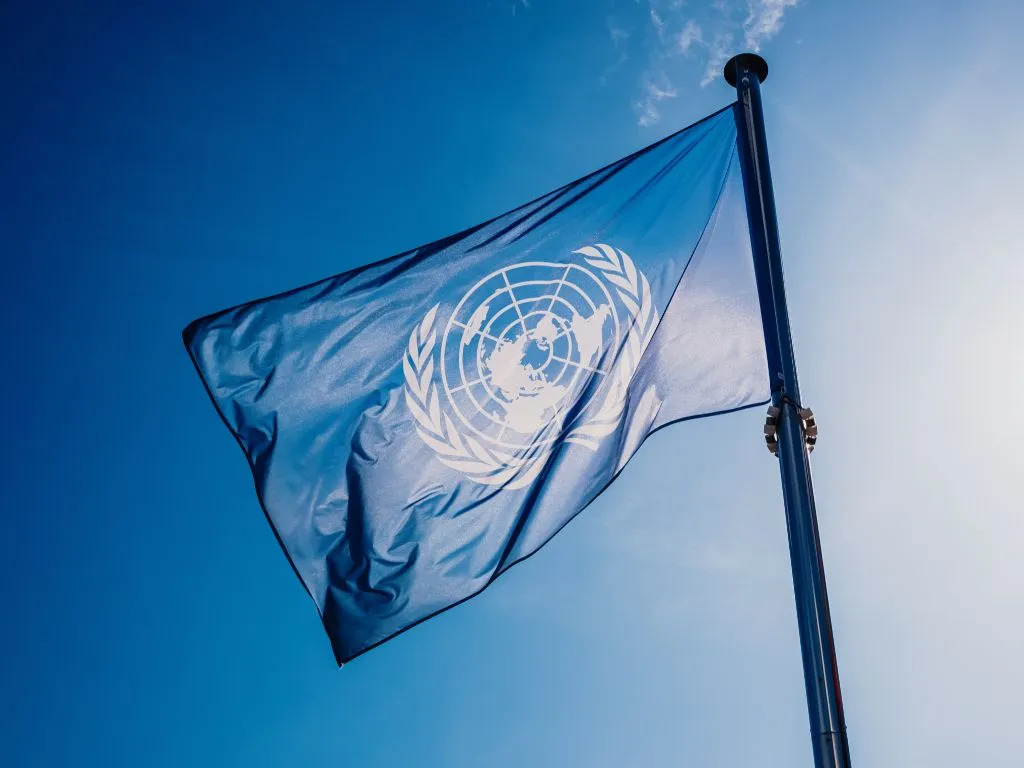News Details

UN Negotiations on Plastic Pollution Progress Slowly Amid Calls for Faster Action and Stronger Mandates
In March 2022, the United Nations Environment Assembly (UNEA) adopted Resolution 5/14, calling for the development of an international legally binding instrument to combat plastic pollution, including in the marine environment. The United Nations Environment Programme (UNEP) was tasked with convening an Intergovernmental Negotiating Committee (INC) to work on this initiative, to be completed by the end of 2024. The INC's mandate is to develop a comprehensive approach addressing the full lifecycle of plastic, incorporating both binding and voluntary measures, while taking into account national circumstances and the principles of the Rio Declaration on Environment and Development.
Timeline of INC Sessions
The INC has held several sessions to advance the treaty:
-
Punta del Este, Uruguay (Nov-Dec 2022)
-
Paris, France (May-June 2023)
-
Nairobi, Kenya (Nov 2023)
-
Ottawa, Canada (April 2024)
-
Busan, South Korea (Nov-Dec 2024).
Plenary Discusses Progress and Challenges in Plastic Pollution Negotiations
At its third plenary meeting on November 27, 2024, the Intergovernmental Committee reviewed the progress of the four contact groups addressing plastic pollution.
-
Contact Group 1 reported broad agreement on emphasizing the design of plastic products but faced disagreements over chemicals and supply issues.
-
Contact Group 2 made progress on plastic waste management and tasked Co-Chairs with revising the proposals.
-
Contact Group 3 saw progress on finance and capacity-building discussions.
-
Contact Group 4 reviewed provisions on scope, implementation, and compliance, with further proposals planned.
Despite progress, many representatives expressed frustration over the slow pace and called for faster negotiations and a stronger role for the Co-Chairs.
Call for a Lifecycle Approach and Robust Financial Mechanisms
Concerns were raised about the lack of significant progress, with some urging a focus on the full lifecycle of plastics, as mandated by Environment Assembly resolution 5/14. The Committee emphasized the need for a consensus-driven approach, but faced challenges due to differing opinions on procedural issues. Discussions also emerged on the referral of provisions to the Legal Drafting Group, with some advocating for quicker action while others preferred plenary approval. Two observer organizations also delivered statements, which will be available online.
Statements by Key Stakeholders
A representative from the Coordinating Body on the Seas of East Asia urged that the Chair’s non-paper serve as the basis for ongoing negotiations, reflecting progress made at previous sessions and aiming to build consensus. The group emphasized its commitment to developing a robust, ambitious, and inclusive instrument to tackle transboundary plastic pollution, particularly in the marine environment. The representative highlighted the need for the future instrument to address the full life cycle of plastics, promote circularity, and ensure a just transition, in line with the principles of the Rio Declaration. The Group also stressed the importance of partnerships with the scientific community to establish health and environmental criteria, as well as the need for a strong financial mechanism to support capacity-building and technology transfer. The Body expressed its intent to enhance regional coordination to support the implementation of the future instrument.
Adoption of the Rules of Procedure
The Chair introduced the sub-item, reminding the Committee that the draft rules of procedure, as outlined in document UNEP/PP/INC.5/3, with the exception of the bracketed text in rule 37, would apply provisionally until their adoption. He also recalled the decision of the Committee from its second session to adopt an interpretive statement for rule 38, paragraph 1. One representative requested assurance that decision-making on substantive matters would be consensus-based and that rule 38, paragraph 1, would not be invoked until the rules were fully adopted. The Chair reiterated his commitment to consensus and cooperation throughout the session.
We acknowledge that the above information has been compiled from UNEP.

 Twitter
Twitter
